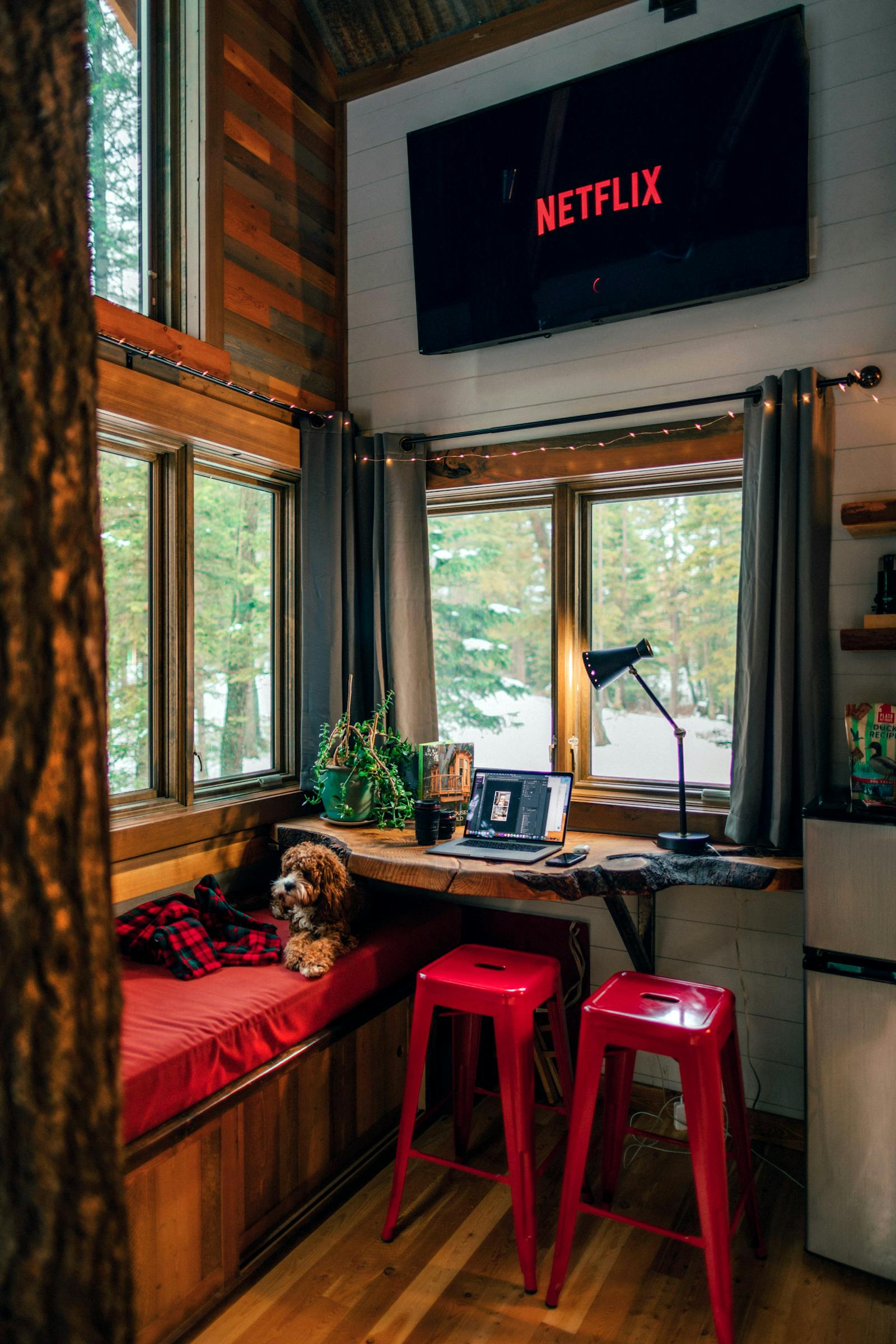Short-term rentals like Airbnb and Vrbo have exploded in popularity over the past decade, offering property owners the chance to earn higher-than-average income from furnished stays. But in Ottawa, strict rules and licensing requirements have reshaped what’s possible for hosts in 2025.
If you’re thinking of starting (or continuing) a short-term rental in Ottawa, it’s crucial to understand the current regulations, earning potential, and risks before jumping in. Here’s what you need to know.
1. Ottawa’s Short-Term Rental Rules in 2025
The City of Ottawa introduced regulations in 2021 that continue to impact hosts today:
Principal Residence Only: You can only rent out your primary home or part of it (e.g., a spare room, basement apartment). Investment properties and second homes are not eligible for short-term rental licensing.
Host Permit Required: Every host must apply for a short-term rental permit from the city, which must be renewed annually.
Platform Registration: Airbnb, Vrbo, and other platforms are required to only list properties with valid host permit numbers.
Insurance & Safety Requirements: Hosts must have proper liability insurance and meet safety standards (working smoke detectors, emergency exits, etc.).
Fines for Non-Compliance: Operating without a permit can lead to significant fines, sometimes in the thousands.
💡 Key takeaway: If you don’t live in the property full-time, you can’t legally run it as an Airbnb in Ottawa.
2. How This Impacts Investors
For investors, these rules have closed the door on most short-term rental strategies. Buying a condo or house solely for Airbnb use is no longer allowed. Instead, investors are shifting to:
Long-term rentals (12+ months) for stable income.
Medium-term rentals (30+ days) targeting relocating professionals, government workers, or students.
House-hacking strategies where owners live in one unit and short-term rent another (e.g., basement suites).
This makes Ottawa less attractive for “Airbnb-only” investors but still viable for owners looking to supplement income from their principal residence.
3. ROI: Can You Still Make Money with Airbnb in Ottawa?
The answer: Yes, but only under the right conditions.
Factors that boost profitability:
Location matters: Downtown condos near Parliament Hill, ByWard Market, and Lansdowne attract the most guests.
Tourism & government demand: Events, conferences, and seasonal travel still drive strong booking potential.
Longer stays: Medium-term rentals (30–90 days) often bring in higher occupancy and less turnover stress than nightly rentals.
On average, a permitted host renting a private room or basement suite might make $1,200–$2,500/month, depending on seasonality. A fully licensed downtown condo could earn more—but only if it’s your principal residence.
4. Risks to Consider Before Jumping In
Running an Airbnb in Ottawa isn’t without challenges:
Stricter enforcement: The city actively monitors platforms to ensure compliance. Illegal listings risk fines and removal.
HOA/Condo Board Restrictions: Many Ottawa condo boards have banned short-term rentals entirely.
Seasonal Demand: Winter months see lower tourism activity, meaning inconsistent income compared to long-term rentals.
High Competition: With limited legal supply, top listings get booked—but newcomers may struggle to stand out.
5. Alternatives for Investors
If your goal is strong ROI but Airbnb doesn’t fit, consider:
Student rentals near uOttawa or Carleton.
Government relocation housing (medium-term leases, often fully furnished).
Traditional buy-and-hold real estate in growing neighborhoods benefiting from the new LRT extensions.
These strategies provide consistent cash flow without regulatory headaches.
Final Thoughts: Is Airbnb Still Worth It in Ottawa?
For most investors, the answer is no—at least not in the traditional “buy a condo and run it as a hotel” model. Ottawa’s 2025 rules make Airbnb more of a side-income opportunity for homeowners rather than a core investment strategy.
That said, if you live in a desirable neighborhood, have a finished basement, or travel frequently, Airbnb can still be a smart way to offset mortgage costs. Just be sure to get your permit, follow the rules, and run the numbers carefully.


